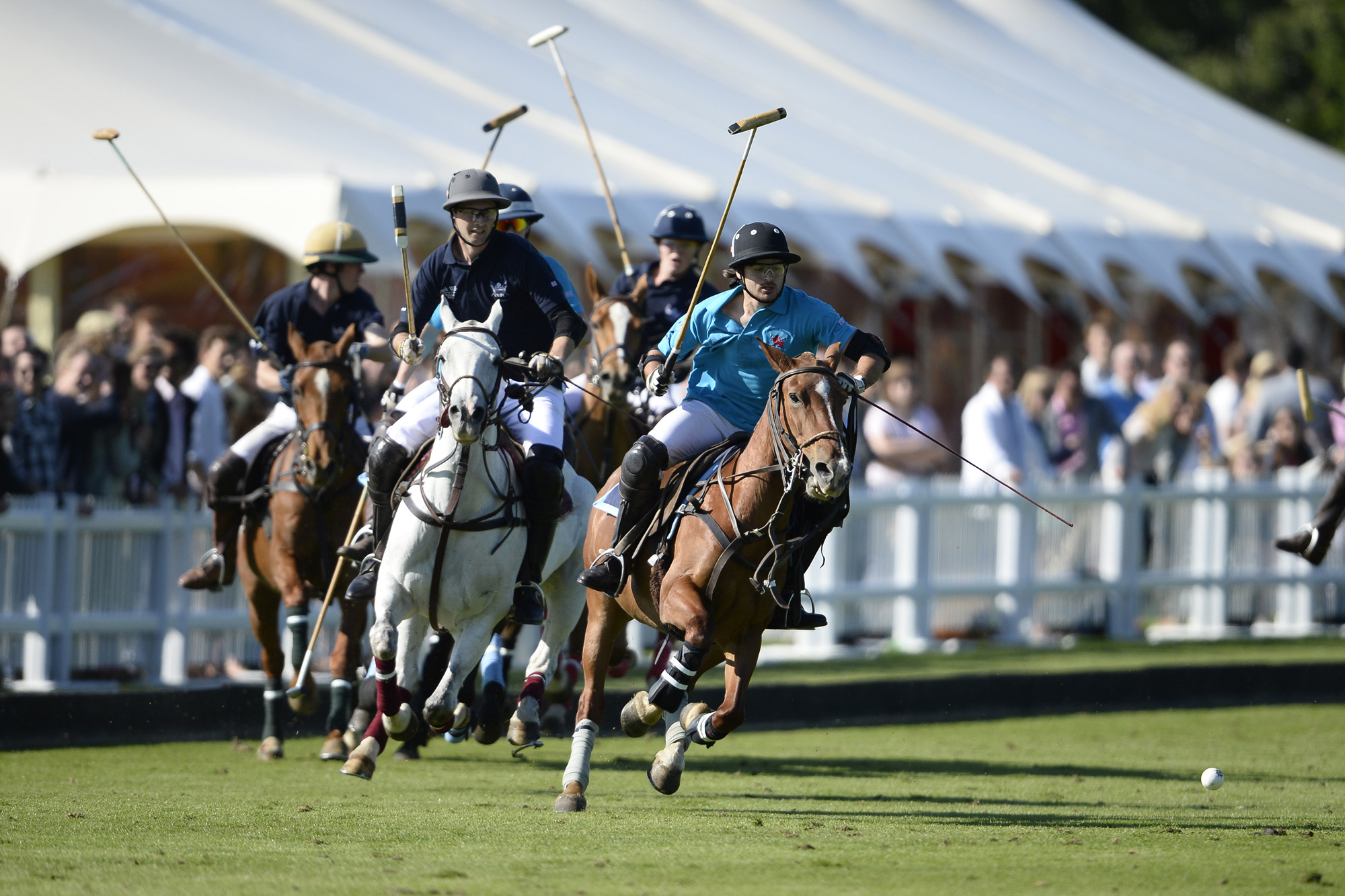How to play polo
- Introduction to Polo
- Understanding Polo Rules: Part 1
- Understanding Polo Rules: Part 2
Tactics & Strategy in Polo
Mastering Teamwork in Polo

Equestrian team sport.
Polo is a team sport that requires a high level of coordination and cooperation among team members. Mastering teamwork in polo can significantly enhance a team's performance and increase its chances of winning. This article will delve into the importance of teamwork in polo, the roles of each player, and strategies for effective team play.
Importance of Teamwork in Polo
In polo, no player can single-handedly win a match. Each player has a specific role to play, and the team's success depends on how well the players work together. Teamwork allows players to coordinate their movements, cover more ground, and execute complex strategies that would be impossible for a single player.
Roles of Each Player
A polo team consists of four players, each with a specific role:
-
Player 1: This player is primarily an offensive player, responsible for scoring goals. They need to have excellent ball-handling skills and a good understanding of offensive strategies.
-
Player 2: This player is also an offensive player but plays a more aggressive role than Player 1. They are often involved in creating scoring opportunities for Player 1.
-
Player 3: This player is the tactical leader of the team. They are responsible for both offense and defense and need to have a good understanding of the game's strategies.
-
Player 4: This player is primarily a defensive player, responsible for preventing the opposing team from scoring. They need to have excellent defensive skills and a good understanding of defensive strategies.
Strategies for Effective Team Play
Here are some strategies for effective team play in polo:
-
Communication: Good communication is crucial in polo. Players need to constantly communicate with each other to coordinate their movements and execute their strategies.
-
Understanding Each Other's Roles: Each player should understand not only their role but also the roles of their teammates. This understanding allows players to anticipate each other's movements and work together more effectively.
-
Playing to Each Other's Strengths: Each player has their strengths and weaknesses. A good team knows how to maximize each player's strengths and minimize their weaknesses.
-
Practice: Like any other team sport, practice is key to improving teamwork in polo. Regular practice allows players to get to know each other better, understand each other's playing styles, and improve their coordination.
In conclusion, mastering teamwork in polo requires understanding the importance of teamwork, the roles of each player, and strategies for effective team play. With good teamwork, a polo team can significantly enhance its performance and increase its chances of winning.